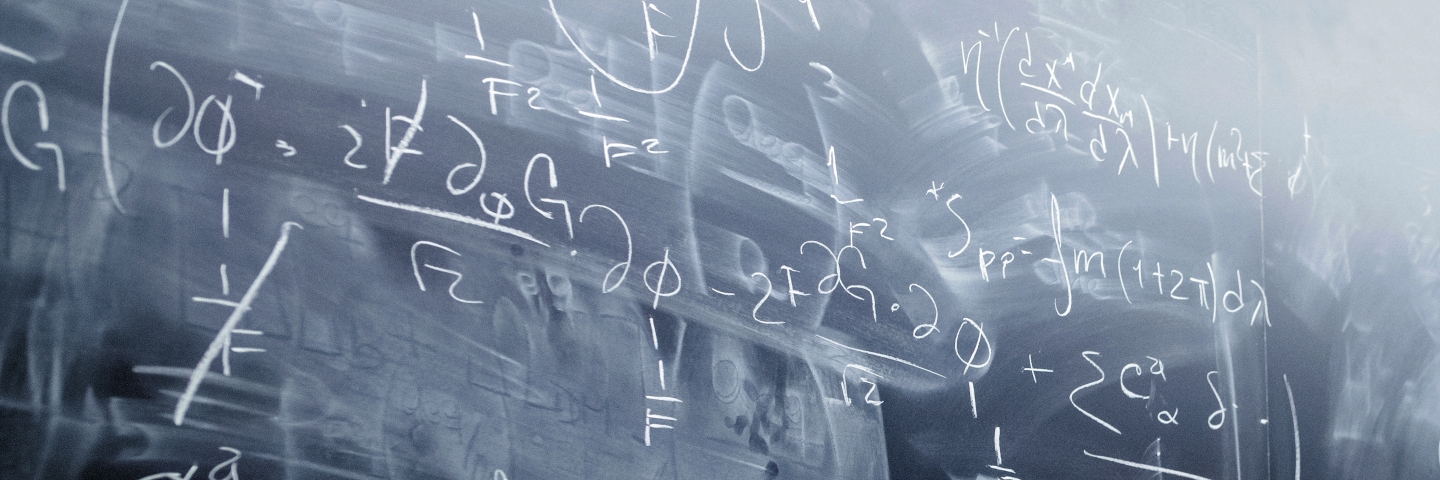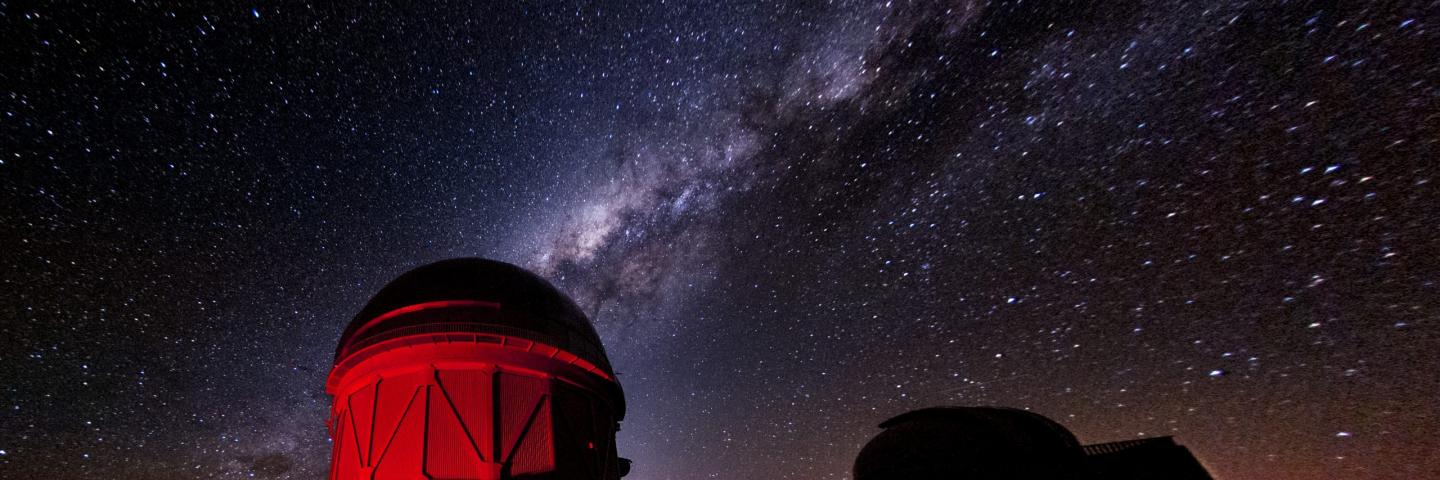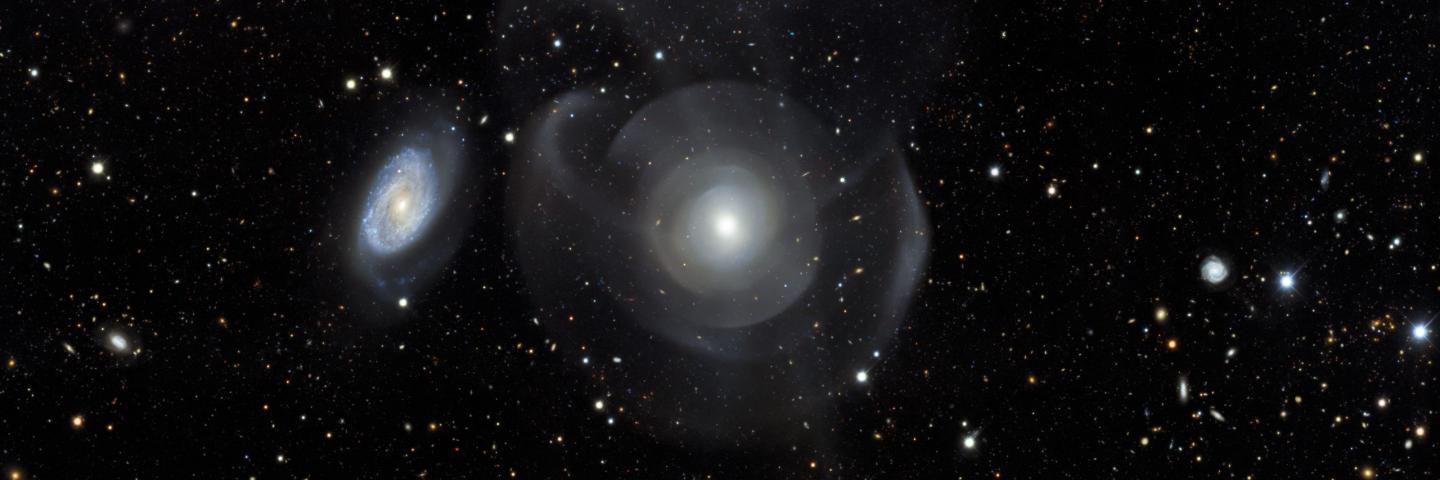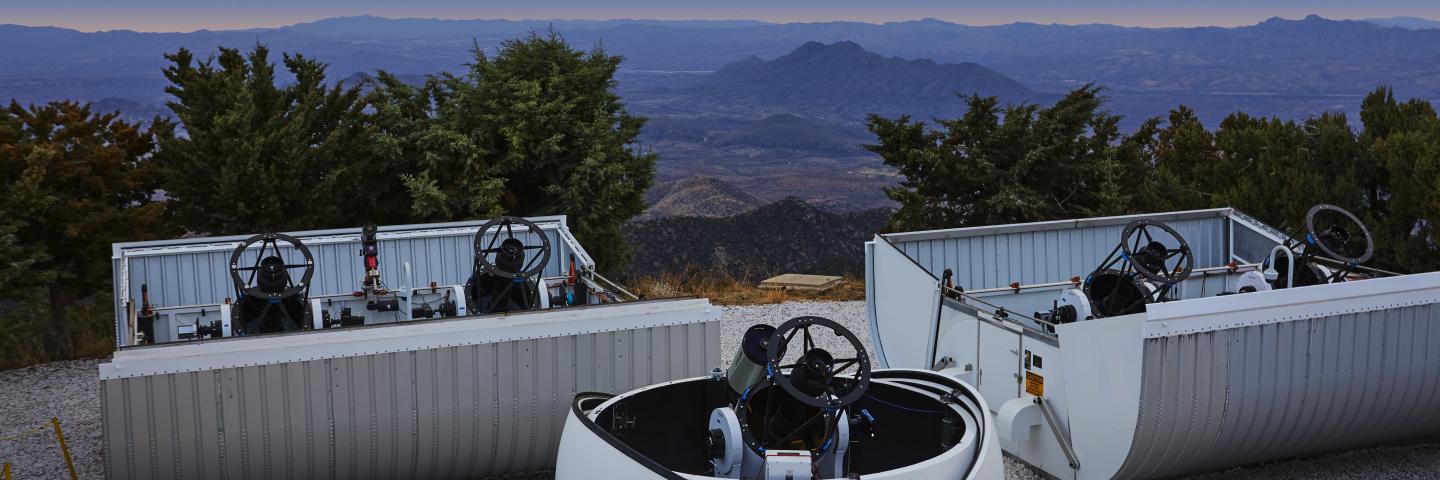Center for Particle Cosmology Spotlight
Mathew Madhavacheril and Co-Researchers Receive Funding from RCSA for Scialog Initiative
A team including Mathew Madhavacheril, an assistant professor of physics and astronomy in the School of Arts & Sciences, is among the first-ever recipients of funding from a new initiative supporting an ambitious 10-year project.
Read moreCongratulations to Professor Mark Devlin
Great news!
Professor Mark Devlin has been elected 2025 Member of the National Academy of Sciences! Election to the NAS recognizes Professor Devlin's stellar contributions to Cosmology and Astrophysics.
Read moreAppointment of Professor Justin Khoury as co-Director of the Center for Particle Cosmology
The Center for Particle Cosmology would like to announce an important leadership change.
Read moreCongratulations - Dr. Monica Jinwoo Kang!
We are pleased to announce that the 2025 AKPA Outstanding Young Researcher Award (OYRA) will be awarded to
Read moreRecent Scientific Developments on Cosmology and Particle Physics
A collaborative workshop bringing together participants from nearby universities to advance research in cosmology and particle physics.
Read moreNASA’s Roman Space Telescope will investigate the history of galaxies
Robyn Sanderson and collaborators are unearthing the history of the universe’s formation by looking for clues that reveal its ‘galactic fossil record.’
Read moreFour academic journeys explored
PennToday explores Vijay Balasubramanian's academic career.
Read moreThe dominant model of the universe is creaking: Dark energy could break it apart
The Economist quotes Bhuvnesh Jain in their recent science and technology article.
Read moreStrange observations of galaxies challenge ideas about dark matter
ScienceNews quotes Bhuvnesh Jain in their recent article about dark matter.
Read more
As knowledge about the universe grows, the fields of physics and astronomy become more expansive. Even as we gain answers, questions remain about the origins and evolution of the universe and the fundamental theories of matter and energy. The Center for Particle Cosmology brings together theorists and experimentalists in cosmology and particle physics to answer these questions in an environment distinguished by unfettered interactions and collaborations between members of the traditionally distinct groups.
Events
There are no upcoming events scheduled at this time.
Finding this new collection of stars, named after Nyx, the Greek goddess of night, was made possible using machine learning tools and simulations of data collected by the Gaia space observatory.




